British consumers had an extra £18 in disposable income in June compared with a year ago as most regions recorded an increase in spending power.
- Northern Ireland records strongest growth in disposable income
- Rising spending power driven by falling costs
- Northeast boosted by fall in unemployment
The average UK household had £189 a week in discretionary income in June as they benefited from falling food, drink, clothing and outdoor living prices.
The monthly Asda Income Tracker found that most regions of the UK recorded double-digit increases in household discretionary income year on year.
These increases ranged from a £12 rise in Wales to a £22 increase in London.
Despite experience the largest increase in pound terms, London’s discretionary income growth was dragged back by higher essential item inflation.
Asda chief customer officer Barry Williams said: “This month’s tracker brings yet more good news for households across Britain – as the summer holidays approach the pressure on family budgets will be lighter and giving them a chance to spend more money on the things they want to do, rather than need to do.
“It’s reassuring to see that Northern Ireland continues with its accelerated recovery and that the Northeast continues to benefit from a fall in unemployment.”
Fall in food prices
Northern Ireland again experienced the strongest year-on-year growth in discretionary income across the UK.
Northern Irish consumers have benefitted from the falling cost of essential items, which has helped household spending power increase by 17.4% in the year.
Meanwhile, the Northeast was boosted by a 2% fall in unemployment over the past year.
In June the price of food across the nation dropped 0.2% compared to the previous month and was 2.2% cheaper than the same period last year.
Drink prices also dropped 2.2% year on year and the price of clothing was 0.8% lower year on year.




















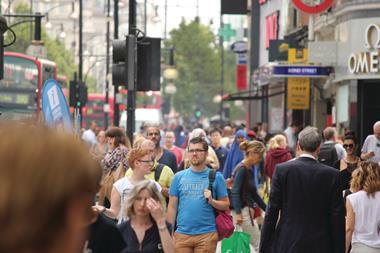
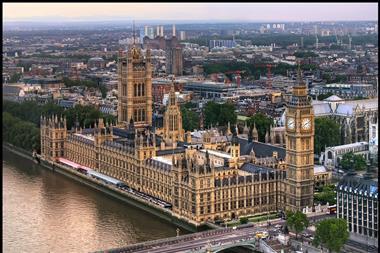

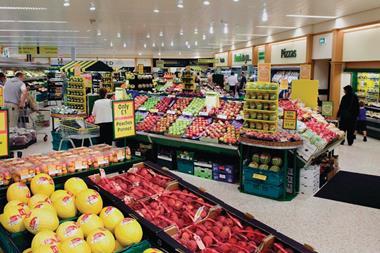
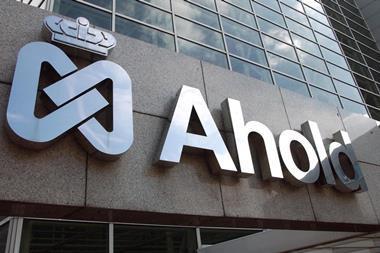
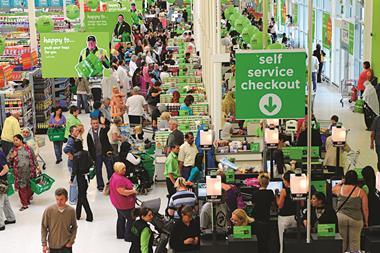
No comments yet